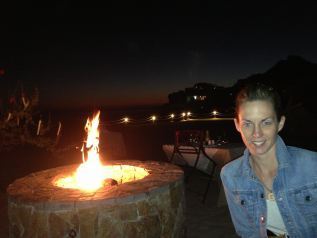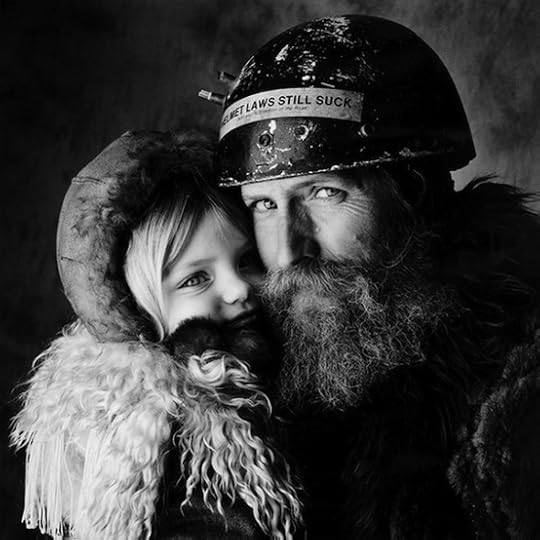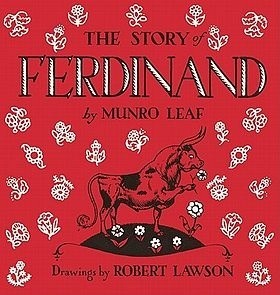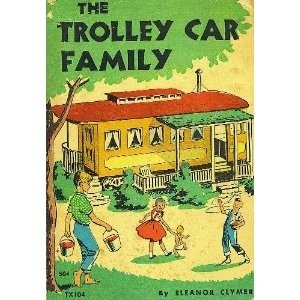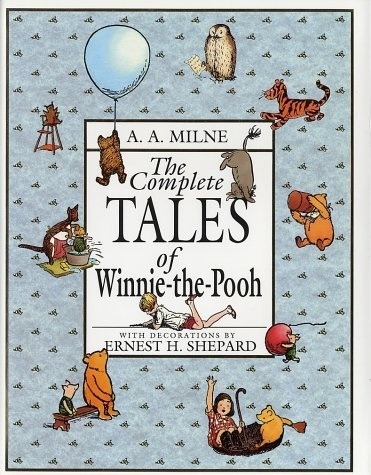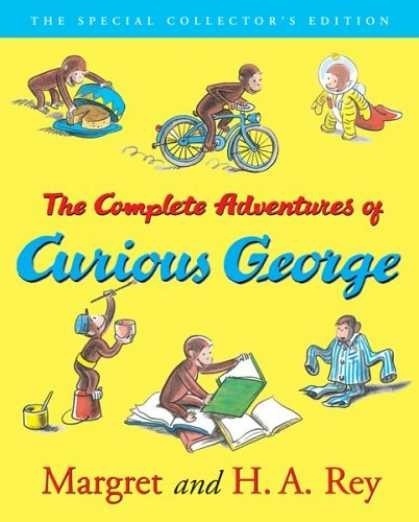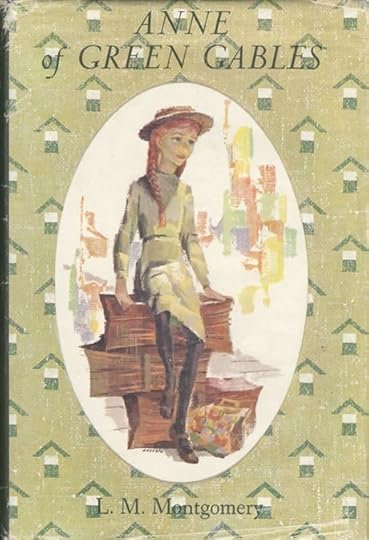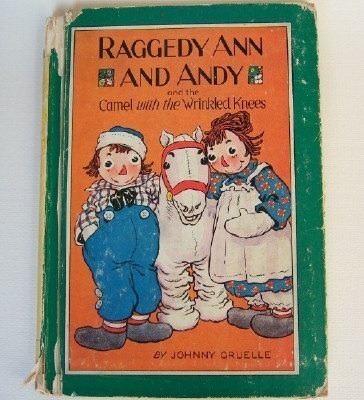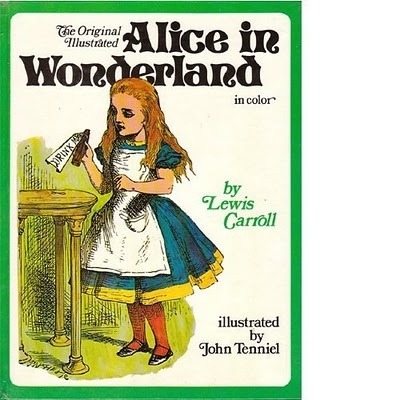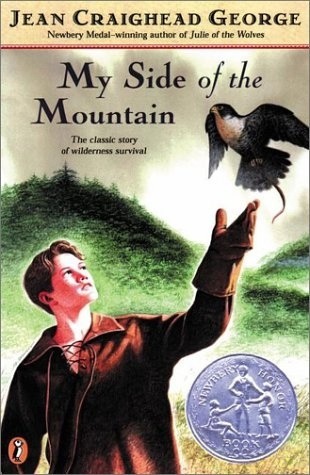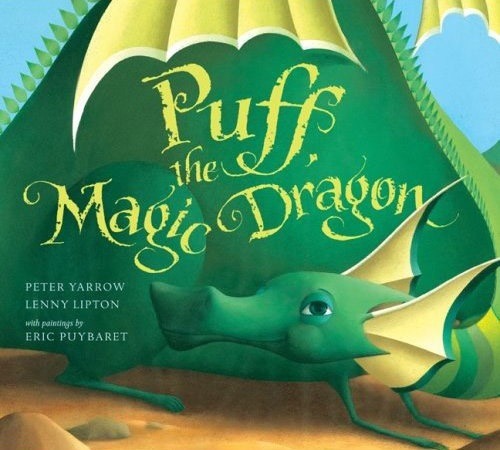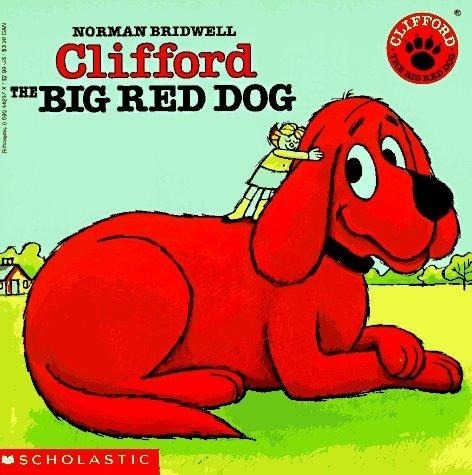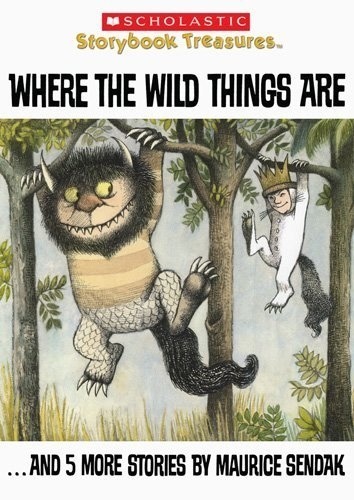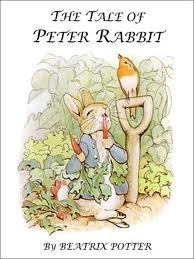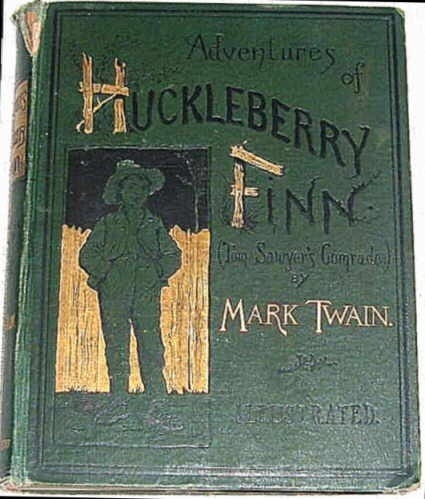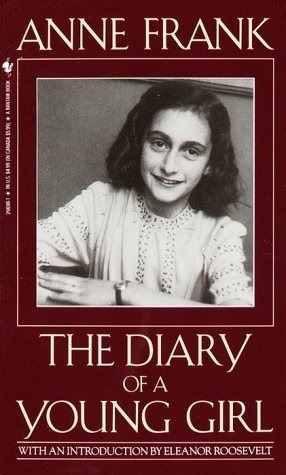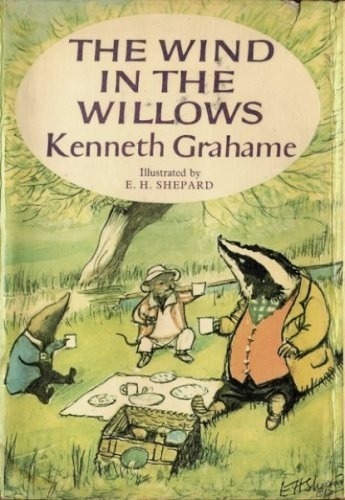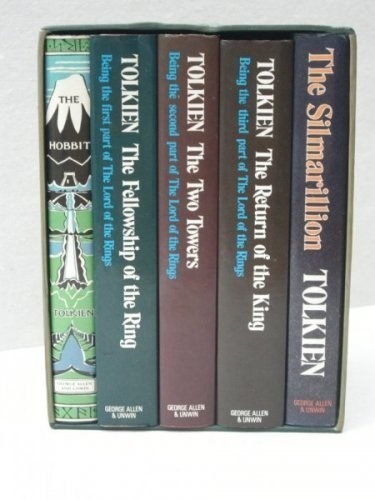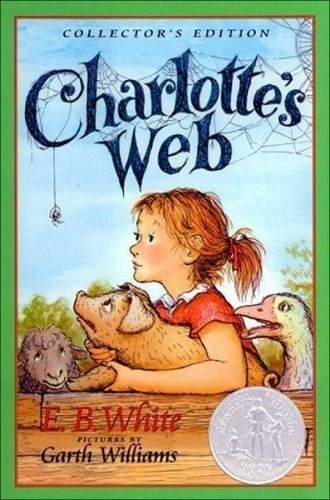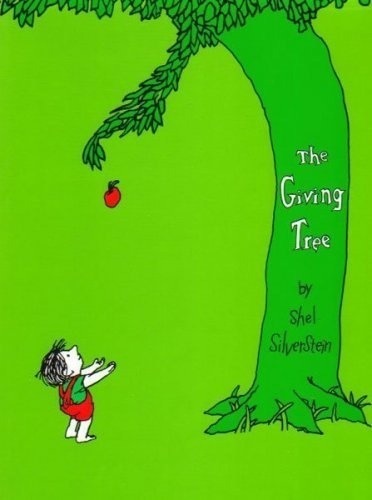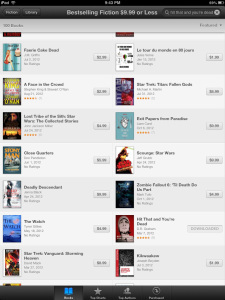D.R. Graham's Blog, page 7
March 19, 2013
Recovering from a Mexicoma
We are back from Los Cabos, Mexico. This year we stayed at www.solmar.com
Our suite was on the Ridge, which has a view of the ocean if you look in one direction, and a view of Cabo San Lucas marina if you look in the other direction. The service at the Ridge restaurant was great. (Thanks, Teofilo, Miguel, Raciel, Ines, Juan, Luis, Fernando, Fabion, Ismael).
We went horseback riding on a beach at sunset with Rancho Carisuva
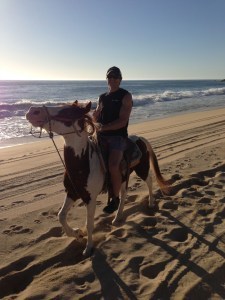
 It was amazing! My butt’s a little sore, but we were able to see whales breaching out on the ocean as we rode along the private sandy beaches of the ranch.
It was amazing! My butt’s a little sore, but we were able to see whales breaching out on the ocean as we rode along the private sandy beaches of the ranch.
My horse was named Paseo. Sean’s was Tequila. The guides got a good laugh when they tried to make the stirrups long enough for Sean’s legs.
They also have pot bellied pigs and goats at the ranch. The people who had rented Quads also looked like they were having fun. A terrified kind of fun, but fun none the less.
One sad thing that happened was that a pelican died and was floating in the ocean in front of our resort. Her mate was distraught. He flew back and forth from the beach to where she was floating, hoping she would wake up. He circled around for a day and in his disoriented state he would land in the infinity pool and startle himself when he realized he was surrounded by people. After her body was taken away with the current, he stood on the beach for three days staring at the surf.
 A point of interest: this SPF 60 kids’ sunscreen (that I have to wear as a result of my Scottish heritage) stripped my manicure off better than any nail polish remover I’ve ever used. Hmmm…
A point of interest: this SPF 60 kids’ sunscreen (that I have to wear as a result of my Scottish heritage) stripped my manicure off better than any nail polish remover I’ve ever used. Hmmm…
As I took my medication for a dysfunctional thyroid, I pondered whether it was worse to get a sunburn or lather myself in chemicals. I decided to sit under the umbrella.
We happened to be there the weekend of the Los Cabos Ironman competition, so it took us about two hours to get to the airport. On the bright side, we got a great view of the bike race. I’m very happy to announce that they built a brand new terminal at the Los Cabos International Airport – comfy lounge chairs, AC, Wifi, big bathrooms with foot pedal flushers, and no more panty prodding luggage searches.
Now, we are waiting for it to get sunny and warm here!








January 30, 2013
Check out my book inspiration boards on Pinterest (click images to link to boards)
Check out my book inspiration boards on Pinterest
January 20, 2013
Writing Contest For Teens Grades 8-12

 The 2013 Richmond News Writing Contest is open to students in grades 8-12. Judged by Columnist Danielle Aldcorn and Editor Eve Edmonds.
The 2013 Richmond News Writing Contest is open to students in grades 8-12. Judged by Columnist Danielle Aldcorn and Editor Eve Edmonds.
Challenge: Write a 400-600 word newspaper article in the style of Danielle Aldcorn’s Family Function Column. It must deal with an issue relevant to teens. Visit the Family Function Archives at the Richmond News Website to get a sense of style and topic.
Submission window opens Monday January 21, 2013 at 8:00 am PST and continues until Sunday January 27, 2013 at 10:00 pm PST, or until 100 entries are received, whichever comes first. (Depending on the response, the total number of entries accepted may be increased and is subject to change.)
Submissions must be original, unpublished, and written by one author who is currently in grade 8-12. Only one entry per person will be accepted. Enter by posting your contact information and article in the comment section on the contest blog (Submissions open January 21st, 2013 at 8:00 am PST) See Contest Rules.
The Editor of the Richmond News, Eve Edmonds, and Columnist, Danielle Aldcorn, will give a written critique of all the entries. They will be posted on the blog as they are completed.
FOUR winners will be chosen. They will each have their submission published in the Richmond News. They will also receive a free digital download for iBooks of the novel HIT THAT AND YOU’RE DEAD by D.R. Graham.
FIVE Runner ups will also receive a free digital download for iBooks of the novel HIT THAT AND YOU’RE DEAD by D.R. Graham.
The winners and runner ups will be posted on the blog on or around February 28, 2013.







December 28, 2012
My 20 favourite books from childhood.
December 12, 2012
Hit That And You’re Dead is a Bestseller!
# 46 on the list of best selling fiction under $9.99
available on iBooks and Amazon click to purchase







November 2, 2012
The Hard Truth
“It’s discouraging to think how many people are shocked by honesty and how few by deceit.” ― Noël Coward, Blithe Spirit
 I’ve written about the topic of honesty before – a lot. Apparently, it bothers me when people aren’t honest. This time I’m not going to focus on liars. I’m going to focus on people who avoid telling the truth. They are the bystanders who feel the same way as the person who spoke the truth, but they would never say anything because they don’t want to appear mean and they are afraid of conflict.
I’ve written about the topic of honesty before – a lot. Apparently, it bothers me when people aren’t honest. This time I’m not going to focus on liars. I’m going to focus on people who avoid telling the truth. They are the bystanders who feel the same way as the person who spoke the truth, but they would never say anything because they don’t want to appear mean and they are afraid of conflict.
They let the truth sayer take the fall.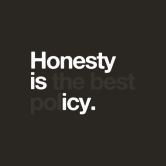
You could ask anyone what quality they appreciate in a friend or a partner and one of the top answers will be honesty. Our society is always teaching such things as, honesty is the best policy, and the truth will set you free, but the truth is very few people actually want to hear the truth, especially from their friends.
The fact that they even think being honest is mean is disappointing. Honesty among friends should never be considered mean, rude, or in poor taste. Sure, how the truth is presented is important and sometimes it’s not done with enough tact. Regardless how it is said and how much it stings to hear it, if it’s honest, you should always appreciate it because it means they care enough about you to tell you the truth.
 I can agree that there are some situations where telling a falsehood does no harm and does spare someone else from being embarrassed. It’s a slippery slope into full lies though. We start with an ingenuous compliment then next thing we know we are telling doozies that are designed to protect ourselves from taking accountability for a mistake.
I can agree that there are some situations where telling a falsehood does no harm and does spare someone else from being embarrassed. It’s a slippery slope into full lies though. We start with an ingenuous compliment then next thing we know we are telling doozies that are designed to protect ourselves from taking accountability for a mistake.
The reason very few people tell the truth even when they think they should is because it’s hard. People get mad at you when you’re honest about something they don’t want to know.
Thomas Sowell said, There are only two ways of telling the complete truth – anonymously and posthumously. His quote made me laugh because it demonstrates how much people really dislike the thought of having to be honest.
Most people want their friend to agree with them and empathize without making any suggestions or recommendations. I don’t want friends who only tell me what they think I want to hear, and I don’t want friends who only say how they really feel about me behind my back. If a friend thinks I’m wrong about something or that I could change something about what I’m doing to make a problematic situation better, I want them to tell me. I might not think they’re right at first, but once it sinks in I’ll likely consider it because I trust their opinion.
I don’t see how you can call yourself a friend if you can’t be honest. Truth is the foundation of trust, so without it how will you ever know what to believe or who you can really depend on? If someone prefers to avoid conflict and would rather be phony so they appear nice, their relationships will always be superficial and fake.
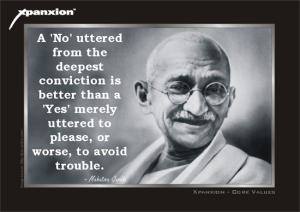 If you lie to spare someone’s feelings or to avoid conflict, either the truth will come out or you’ll have to live with being disingenuous. If you tell the truth from the beginning, you will only be dealing with the hurt of the truth.
If you lie to spare someone’s feelings or to avoid conflict, either the truth will come out or you’ll have to live with being disingenuous. If you tell the truth from the beginning, you will only be dealing with the hurt of the truth.
I can get over the sting of being told something that was hard to hear, but I don’t think I’ve ever gotten over being lied to by someone I wanted to trust.
“If you do not tell the truth about yourself you cannot tell it about other people.”
“Whoever is careless with the truth in small matters cannot be trusted with important matters”
― Albert Einstein
“Nothing in this world is harder than speaking the truth, nothing easier than flattery.”
― Fyodor Dostoyevsky
“I meant what I said and I said what I meant.”
― Dr. Seuss, Horton Hatches the Egg







October 12, 2012
Topic Poll for Richmond News Family Function Column
October 11, 2012
Helping Children Understand Death
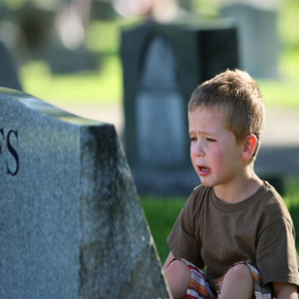
When I was little, I remember being confused about how a person died. I asked my mom how my uncle died and she said, “He died in a car accident.” I already knew that. It was the dying part I didn’t understand. I wanted to know how a person actually dies, so I pressed and asked her, “But, how did he die?”
She explained that a semi-truck collided with the car he was a passenger in. He died instantly.
It was a detailed explanation, but it still didn’t answer what I was confused about and I didn’t know how to ask her in a different way.
I think I was about ten years old at the time and I couldn’t grasp the concept of a person being alive one moment and dead the next. Maybe it was because I knew other people who had been in car accidents and hadn’t died. I had also never seen a dead body at the point, so it seemed unreal to me. I asked again, “But, how did he die?”
In retrospect, I’m sure this was a horribly difficult conversation for my mom to be having, but she was patient with me. Eventually she realized what I was trying to comprehend so she matter-of-factly explained that the impact of the semi colliding with the car was so strong that it caused his aorta to separate from his heart, and when that happens, the person dies.
I know that sounds brutally graphic to an adult, but it was exactly what I personally needed to know. It made perfect sense and I was so relieved to finally understand, but not every kid wants nor needs to know that. What a parent says about death should depend on the child’s age, personality, and experience. There is a risk of scaring a child with too much detail or confusing a child with not enough detail. (I don’t recommend explaining severed aortas unless you have an unusually analytical pre-teen, like me, who asks “why” incessantly.)
Death is probably the most difficult thing to talk to children about, but it’s an inevitable part of life, so it can’t be avoided forever. Nobody likes to talk about things that upset them, but avoiding the topic of death entirely sends a message to children that it’s not okay to talk about their confusion, fears, and sadness. We want them to talk about grief and ask questions about things that make them anxious so they can learn to cope with it.
Most children naturally ask questions, but some may outwardly appear to be unconcerned about death. Just because they don’t talk about it, doesn’t mean they’re okay with it. It can often be difficult for a parent to hear what children are asking about death because the questions may seem shockingly insensitive to an adult. Try to remember that it’s just a child’s attempt to understand something very abstract.
Try not to say that a person who has died “went away”, “went to sleep and didn’t wake up,” or “got sick”. These are things that happen to the child every day and we don’t want them to become afraid of sleeping, having someone go away, or getting sick. Be honest. Actually call it death and dying, no matter how hard it is to say those words yourself. They need to understand that it’s different, and it’s permanent.
Take opportunities to talk to children about death before it happens so you are not emotional. If your child expresses curiosity about a dead insect or animal, you can use it as a way to teach your own beliefs about death and show them that it’s okay to talk about those types of things with you. One caution though, don’t force children to talk about death or visit sick people if they don’t want to. They’ll ask questions when they are ready, as long as they know it’s okay to ask.
Children deal with grief in ways that are limited by the developmental stage they are in at the time. There are some aspects of understanding death that a child literally can’t comprehend until adolescence, so they may re-experience sadness about an old loss when they are mature enough to understand it on a deeper level. Don’t be alarmed if the old grief is unexpectedly stirred up when your child becomes a teenager. For example, a teen who lost a family member in a car accident when she was six, may develop anxieties about driving when she’s sixteen. Even if it’s years later, be patient and support them as they figure it out.
If you have recently experienced a loss, give yourself permission to grieve and don’t hesitate to ask for support when you need it. A doctor, school guidance counselor, or mental health organization can provide assistance and recommendations. Also look for books, websites, support groups, and other resources that help people manage grief.







October 10, 2012
We All Smile In The Same Language
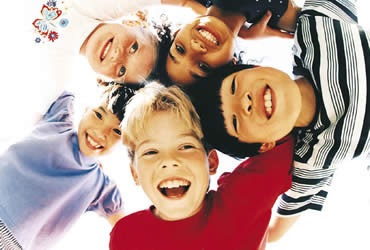
I saw a slogan painted on an elementary school that read, “We all smile in the same language.” The statement was accompanied with a mural of children from all different ethnic backgrounds smiling and holding hands. I like the sentiment because it is profound in its simplicity; reminding us of the universal aspect of humanity.
I’m happy to see that children at that school are being taught that we are all interrelated as human beings. As a human being, irrespective of our cultural, religious, geographic, or linguistic background, we are more the same than we are different. Understanding that we share qualities on a very fundamental level develops respect for diversity and equality, and allows world peace to grow.
No matter where on the planet you come from we share the same basic emotions of happiness, sadness, love, anger, and pain. We share the potential to sing, dance, play music, and create art. We share the need to eat food, drink water, and sleep in order to survive. We share social connections with families and relationships that require us to communicate and cooperate and make sacrifices. We share the instinct to be in nature smelling the flowers, listening to the birds, and looking up at the same sky to see the same stars, the same moon, and the same sun.
I’m not saying that it’s not important to preserve the unique diversity of various cultures, languages, and religions. We just need to be careful not to forget the universal things that unite us as human beings. When we forget how similar we all are as human beings we run the risk of developing fear and a dislike for that which we perceive as different from us.
Nobody asks for their teen to be the one who is strung out on drugs in the alley, or to have their brother be the guy with mental illness that makes people cross the sidewalk to avoid him, or to have their dad be the one killed in a military operation that had an unclear justification. When things like this happen that are difficult to comprehend or relate to, it can be hard for some people to find the compassion or forgiveness needed to understand and accept. Instead they avoid, reject, or retaliate.
I worry sometimes when I see that we don’t even show compassion and unconditional love to those who we are similar to us. I worry when a parent disowns, harms, or fails to care for his or her own child. I worry when couples can’t speak to each other without being cutting and spiteful. I worry when siblings hurt rather than defend each other. I worry when I see so much anger, hate and violence in the world that just breeds more of the same.
If we can’t even unconditionally love and forgive our loved ones, how will we ever be able to unconditionally love and forgive our global family of fellow human beings?
The Dalai Lama once said, “I sometimes find it helpful to imagine myself standing as a single individual on one side, facing a huge gathering of all other human beings on the other side. Then I ask myself, ‘Whose interests are more important?’ To me it is quite clear that however important I may feel I am, I am just one individual while others are infinite in number and importance.”
His Holiness reminds us that ultimately what is in the best interest of all is also what is in our own best interest in the long run. This particularly true for those individuals who are vulnerable and cannot fend for themselves. When a child, an elder, or a person with a disability is suffering there is no personal need that should be more important than bringing an end to that suffering.
Maybe world peace is a lofty aspiration but I think sharing a smile with someone who you don’t know is a good place to start. Or just love your loved ones, unconditionally. Imagine what the world would be like if we all shared smiles and love generously.











